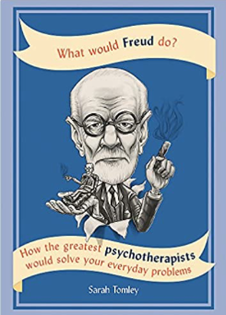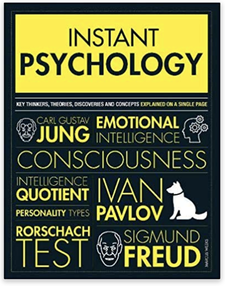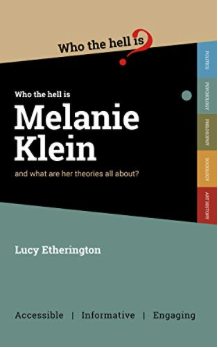01473 760769
|
ANXIETY When we're feeing anxious, our nervous system goes into a state of hyperarousal, and one of the symptoms of this is that it becomes difficult to think. This means it's hard to 'think ourselves' out of a state of anxiety. Luckily, we can calm our nervous system by working 'bottom up' (from body to mind) as well as 'top down' (from mind to body) – so by doing something simple with your body, it is possible to calm the mind. The exercises below are all effective for calming a feeling of anxiety, but some will suit you more than others. It's worth trying them all to find the one that works best for you. BREATHING – PUTTING ON THE VAGUS BRAKE Why bother with breathing? Many people are familiar with the advice to 'breathe slowly' when feeling anxious, but this can sound like a simple reassurance that's not really worth bothering with. However, it turns out that the breath can be used as a tool to activate an entire nervous system in the body; most importantly, one that runs in opposition to the fight/flight response of the sympathetic nervous system. The nerve we're interested in here is the vagus nerve, which activates the parasympathetic nervous system – the body's 'braking' system. The vagus nerve originates in the brainstem and wanders down and around the body, spreading fibres (and calming messages) to every organ except the thyroid and adrenal glands, affecting everything from heart rate and digestion to increasing alpha brain waves and releasing feel-good serotonin. The key to feeling less anxious – immediately – lies in being able to activate this calming pathway. Here are a few ways to turn off the fight/flight response that is activated in anxious moments, and bring online the relaxation response: BREATHING EXERCISES FOR INSTANT CALM Click HERE for breathing exercises that will make you feel calmer in less than a minute. BODY EXERCISES FOR INSTANT CALM Click HERE for other types of body exercises that can decrease anxiety in a few moments. OR TRY LISTENING to some of these podcasts from 'The Anxiety Slayer' (especially if you're having trouble sleeping and want something calming to listen to). APPS THAT MAY BE USEFUL FOR ANXIETY
DEPRESSION Depression can feel impossible to shift on your own, which is why counselling and medication are often the preferred routes to treatment. However, there are ways in which you can build in small moments of mood lift during your day, and the best are those recommended by people who have depression and that have been tested under research conditions. We have gathered these into one document (see below) in the hope that one or two of them might be useful. Click HERE to find out how to give yourself small mood lifts on especially blue days. Or LISTEN to this podcast by the two people who head up the brilliant podcasts called 'The Hilarious World of Depression' and 'With Friends Like These'. These two people have both suffered from acute and chronic depression, and know what it's like to struggle daily and to hit rock bottom. Their honest and insights may be useful and perhaps comforting in many different ways. Listen here: A conversation with Ana Marie Cox and John Moe. APPS THAT MAY BE USEFUL FOR DEPRESSION
The short film below may be useful for showing to friends and family if you struggle with depression, to help them understand how it feels. It also has some simple and useful ideas for developing a different relationship with depression, as well as ways to help alleviate it. |
What Would Freud Do?
(Sarah Tomley, Cassell & Co., 2017, now translated into 13 languages.) How would the world’s greatest psychotherapists look at our everyday problems? This guide to their thinking gives readers an insight into the world's greatest psychological thinking. Instant Psychology
(Sarah Tomley & Nicky Hayes, Wellbeck Publishing, 2021). A quick and easy guide to all of psychology's most important ideas. Who the Hell is Melanie Klein?
(Lucy Etherington, Bowden & Brazil, 2020). The life and key ideas of this hugely influential psychoanalyst explained in an engaging and highly readable way.
|



